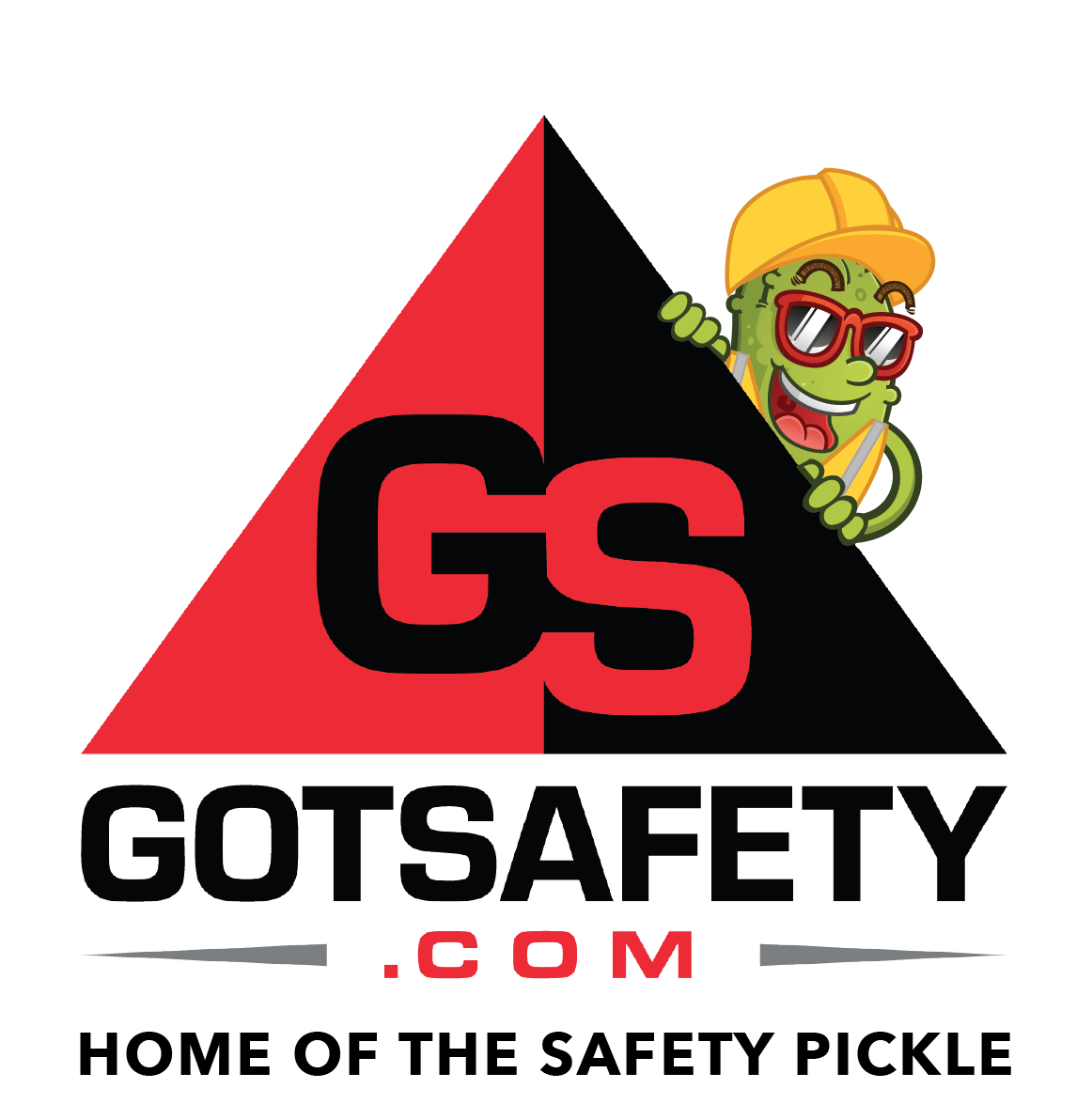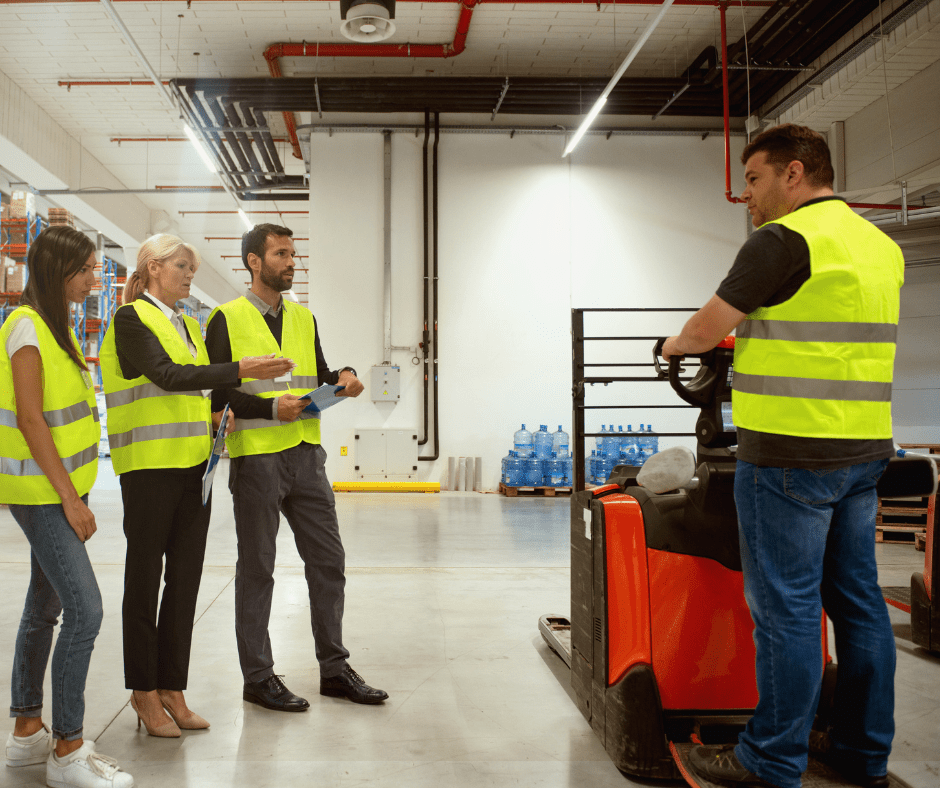ANTICIPATING ACCIDENTS
introduction
Accidents occur for many reasons. Understanding why an accident happens is the first step in
prevention.
• Overconfidence
• Ignoring safety procedures
• Shortcuts
• Not having complete Instructions
• Poor housekeeping
• Mental distractions
• Pre-Planning
OVER CONFIDENCE:
- Having confidence is a good thing but being overconfident can be dangerous.
- Thinking “it can never happen to me” is an attitude that can lead to improper procedures or
methods used while working.
IGNORING SAFETY PROCEDURES
Failing to observe safety procedures can endanger all workers.
• Rules and procedures are in place for a reason and it’s important for them to be followed.
• Having a casual attitude about safety rules leads to danger
SHORTCUTS
- As we try to be more efficient, we tend to take shortcuts that can lead to unsafe conditions
and increased chances for injuries. - Shortcuts should be analyzed thoroughly before implementation.
NOT HAVING COMPLETE INSTRUCTIONS
• An employee should not be intimidated about asking for better instructions and should never
try to do a task without knowing exactly how to do things correctly.
• New employee training is a must to prevent accidents.
• Assuming that everyone knows how to do his or her job correctly can lead to an accident.
POOR HOUSEKEEPING
A well-maintained work area sets a standard for all.
• Poor housekeeping creates all types of hazards and sets the stage for accidents.
• Good housekeeping encourages pride and a safe environment
MENTAL DISTRACTIONS
- Doing a task safely requires mental attention.
- Distractions create hazards and can pull focus
away from tasks at hand.

PRE-PLANNING
- Thinking through a process to complete a task
can take away hazards. - Plan your work and then work on your plan.
CONCLUSION
- Make workplace safety a core value, a shared
concern. - Take proactive ownership of welfare and safety for all.
- Learn what can cause harm to whom, when and how. Near misses or no-injury accidents,
as well as injuries, must be investigated. - Identify hazards, assess risks and develop controls.
- Report ALL accidents to your supervisor.

